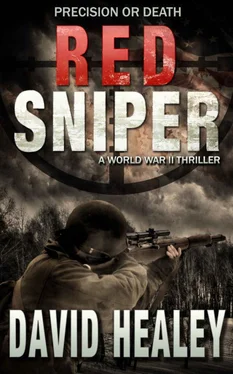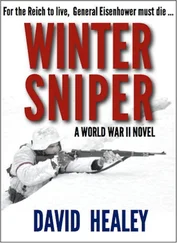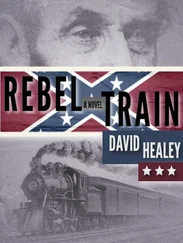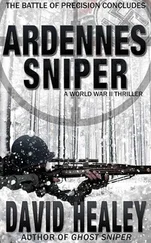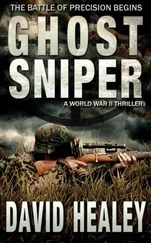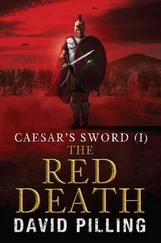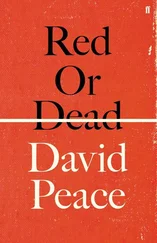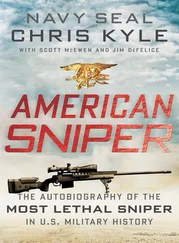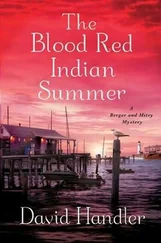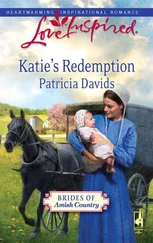Then he shouted to Bunin, his voice like a starting gun at a race: “After them!”
By mid-morning of the following day, the wind had picked up, with a wet edge that promised snow. None of them had slept well. Above the incessant wind in their ears they could now hear barking in the distance.
“Dogs,” Honaker said. “The Ruskies have dogs. Goddamnit. How the hell did they catch up to us?”
“They must have stayed on the move last night,” Cole said. “They ain’t lazy, that’s for damn sure.”
“Barkov,” Vaska said. “That is just what he would do.”
Cole had new respect for Barkov. If he’d been in Barkov’s shoes, it’s just what he would have done.
Inna looked up at the mention of Barkov’s name. To Cole’s surprise, she shuddered—and not from the cold. “Maybe this was a mistake,” she said. “Maybe we should not have escaped. What have I gotten us into?”
“Are you kidding?” Harry touched her shoulder. “Don’t let yourself think that for a minute. Nobody should be at that Gulag. Not me, not Ramsey. And definitely not you.”
“But Barkov—”
Cole spoke up. “You let me worry about Barkov.”
“He is the devil,” Inna said. “No one can stand up to him.”
“I reckon we’ll see about that,” Cole said. He shouldered his rifle. “Them dogs are gonna be on top of us before long, but I ain’t too worried about dogs. This Barkov is gonna be right behind them. From everything I’ve heard, he sounds like the problem. Let me see if I can slow him up. Miss Inna, maybe you can help.”
“Me?”
“Give me that scarf you’re wearing.”
Inna had left a scarf at the Gulag gate, but had worn an extra one against the cold. Cole took it, pulled his knife, and cut the woven scarf in half. He returned what was left of the scarf to Inna. “I just need half, darlin’. You can use the other half to stay warm.”
Next, Cole asked Whitlock and Ramsey for their scarves. They looked puzzled, but handed them over. He cut pieces off and handed them back.
Vaccaro spoke up, “You’re not doing this alone, Hillbilly. I’m coming with you.”
“To hell you are.”
“To hell I ain’t,” Vaccaro said, in a fair imitation of Cole.
Cole grinned. “All right, then.”
Honaker was having none of it. “Cole, you can’t just march back there and pick a fight with the Ruskies.”
“Why the hell not? If nothin’ else, it will buy you some time. Now go on, you need to make tracks. Vaccaro and I can handle this.”
Without another word, Cole walked off in the direction they had come from, with Vaccaro trailing behind.
The sound of barking dogs was growing stronger.
“He is such a son of a bitch,” Honaker said, fuming.
“Maybe, but he’s our son of a bitch,” Whitlock said. “Let’s get a move on before those dogs get here. Cole is doing us a favor, so let’s not waste it.”
• • •
Just two miles away, Barkov and the Mink walked at the front of the squad, with Bunin and his dogs leading the way. Now that the dogs had a scent to follow, their random barking had taken on a more musical note.
Barkov paused to light a cigarette, then offered the pack to the Mink.
“Do you remember the schoolteacher?” the Mink asked, after lighting one of the harsh Russian smokes.
Barkov grinned. “Who could forget?”
That incident had barely been a few months ago, but already it seemed like an eternity. Time ran more slowly in this place.
The schoolteacher had escaped not once, but twice. He was a true political prisoner, given to writing pamphlets about Stalin’s failure to adhere to the ideals of a true socialist state (which was true, but only a fool went around putting such thoughts into words). Because he was a fool, he had simply been caught and put back to work building the railroad—after being given a sound beating by Barkov, of course.
The man had worn round eyeglasses and had narrow shoulders and a little potbelly like cushion stuff under his shirt. Not a robust specimen of manhood. He had a long neck like a girl, or perhaps a chicken. But he didn’t so much as flinch when Barkov hit him. Then hit him again. And again. His fortitude had forced Barkov to reconsider his view of intellectuals as soft-fleshed cowards.
“Do you think the Americans and that bitch Inna even got as far as he did?” the Mink wondered.
“Let us hope so, or where’s the fun in that? I will bet you a bottle of vodka that they did not even make it as far as that schoolteacher.”
They reminisced about how the schoolteacher had escaped again. That second time, he had gotten out of sight of the Gulag camp, except for the watch tower that was still visible on the horizon. A late cold spell made it bitter out. He had seen them coming and stopped, waiting for them. He did not even have a coat or a blanket.
The schoolteacher berated them. “You are a tool of the state and you do not even know it! You can take me back, but I will only escape again. Maybe you should just shoot me.”
“No, we are not taking you back. You are not welcome. We are not going to shoot you, either, Comrade Schoolteacher.”
Puzzled, the schoolteacher watched as Barkov and the Mink built a fire and made tea, then handed steaming mugs around to the handful of soldiers that made up Barkov’s squad. When he approached the fire, intending to give himself up, the soldiers prodded him away with bayonets and curses.
The schoolteacher was no fool. He understood. Escape across the taiga was impossible. Return to the Gulag compound was not possible. He sat down in the snow fifty feet away, took out a tattered book that he had somehow smuggled into the Gulag, and began to read. He did not beg, as Barkov had expected. Men tougher in appearance would have. The schoolteacher acted as if the life-saving food and warmth did not even exist.
As daylight faded, the temperature dropped cruelly. Soon, night shrouded the scene and the schoolteacher was lost from sight.
They found him the next morning still sitting there, the book clutched in his stiff hands, dead from exposure.
Barkov and the Mink stood quietly smoking, lost in reverie.
The memory of that curious schoolteacher did not stop Barkov from wishing for a horse. A horse would be just the thing in this terrain. But there were no horses at the Gulag. What would they be fed? The taiga was too rough for a truck, and there were no roads. So they walked.
When the watch tower of the Gulag compound had disappeared from view, the Mink said, “Comrade Barkov, you now owe me a bottle of vodka. They have made it farther than the schoolteacher.”
“I am impressed,” Barkov said. “But, Comrade Mink, two bottles says we shall catch sight of them within an hour.”
“Agree.” Barkov laughed. “I am working up a thirst.”
When that hour passed away, the Mink said, “Why don’t you bet me three bottles that we will see them before nightfall? When we get back, I can throw quite a party.”
Barkov didn’t answer. He shouted at Bunin, “Those mutts of yours are useless.”
“They are perfectly good dogs,” Bunin said.
“Maybe they are good for hunting squirrels or woodcock,” Barkov said.
“The Americans had a head start of several hours.”
“We tracked them through the night. Your mutts should run faster. And don’t give me any of that baking bread nonsense!”
The Mink was laughing in his soundless manner. His shoulders shook in mirth. ”What about those three bottles if we don’t catch them by nightfall?”
“I won’t take that bet,” Barkov grumbled. “But I will bet you a case of vodka that we catch them by noon tomorrow.”
Читать дальше
